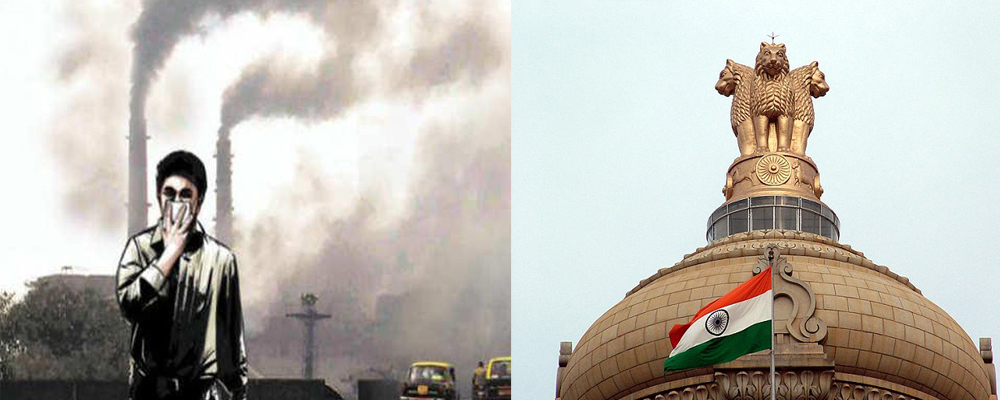- To complete the resolution practiced in the Stockholm Conference, the Parliament established the Air Act under Article 253.
- It measures essentially air pollution and its reduction. Also builds air quality measures.
- The Central and State Boards set up following sections 16 and 17 individually to notify discharge criteria.
- Every technical director within a certified air pollution area requirement obtains a license from the State Board (Section- 21(1) and (2)).
- Within four months from the date of administration for the license, the board must develop the conventions – either present or withdraw permission.
Government of the Boards:
- Government of entry and examination
- Power to take individuals
- Power to give commands
Need A Legal Advice
The internet is not a lawyer and neither are you. Talk to a real lawyer about your legal issue

List Of Important Laws:
- The Environment (Protection) Act, 1986 – empowers the central government to preserve and enhance the environmental condition, control and decrease contamination from all causes, and prevent or decrease the distance and /or operation of any manufacturing facility on environmental grounds.
- The purpose of Hazardous Waste (Management and Handling) Rules, 1989 – to manage the generation, collection, treatment, import, storage, and treatment of hazardous garbage.
- The Public Liability Insurance Act and Rules and Amendment, 1992 – It was brought up to present for public liability coverage to grant immediate assistance to the characters changed by circumstance while touching any hazardous material.
- The Municipal Solid Wastes (Management and Handling) Rules, 2000 – It applies to every public official accountable for the collection, segregation, storage, transport, processing, and distribution of municipal solid garbage.
- Amendment in The Noise Pollution (Regulation and Control) Rules, 2002 – put down such duration and requirements as are required to reduce noise pollution, authorize the performance of speakers or public behavior operations during evening hours (between 10:00 p.m. to 12:00 midnight) on or through any cultural or religious festive happening.
- The Indian Forest Act, 1927 & Amendment in 1984 – It is one of the several surviving colonial ordinances. It was established to ‘consolidate the law related to growth, the transportation of jungle present, and the charge leviable on timber and other forest product’.
- The Factories Act, 1948 and Amendment in 1987 – It was the beginning to manifest interest in the practical conditions of the operators. The reform of 1987 has focused its environmental center and extended its purpose to hazardous methods.





 Talk to a Lawyer
Talk to a Lawyer